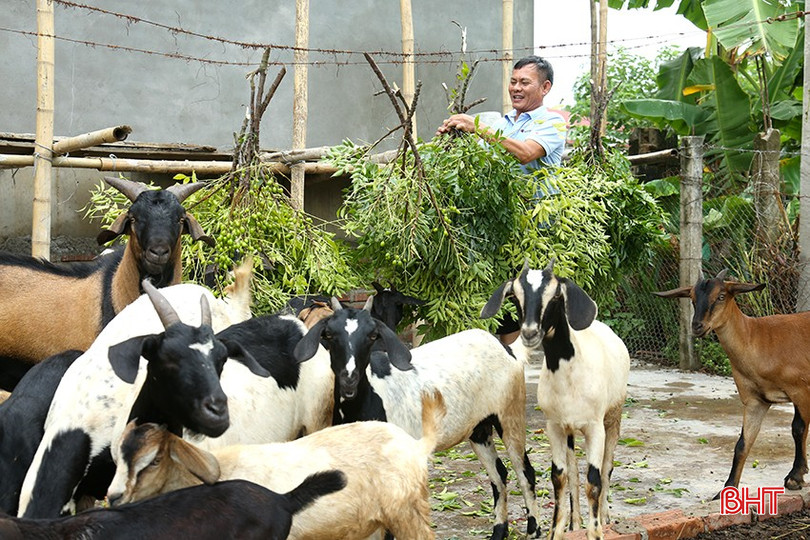
In 2018, Mr. Le Van Hung in Xuan An 11 village, Nghi Xuan commune "packed up" to go to the northern provinces to visit a number of large-scale goat farming models.
Through research, he found that goats are easy to raise and can adapt to many types of terrain. Therefore, he discussed with his wife, Mrs. Nguyen Thi Muu (born in 1970), to invest in barns and at the same time bought 9 goats for more than 40 million VND to raise on a trial basis.
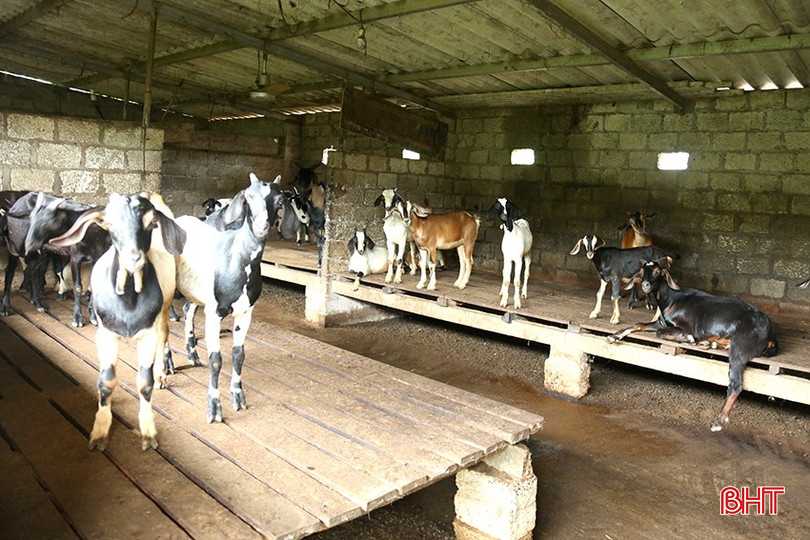
Mr. Hung shared: "Although goats have good resistance, during the raising process, some of them still get sick and grow slowly because of my lack of knowledge. Later, I researched, learned, and mastered the habits of goats and strictly followed the technical process of care and disease prevention. Accordingly, the barn is raised nearly 1 meter to avoid moisture; daily cleaning; lime powder is sprinkled on the barn floor periodically once a week. In addition, it is necessary to fully vaccinate the goats to prevent diseases."
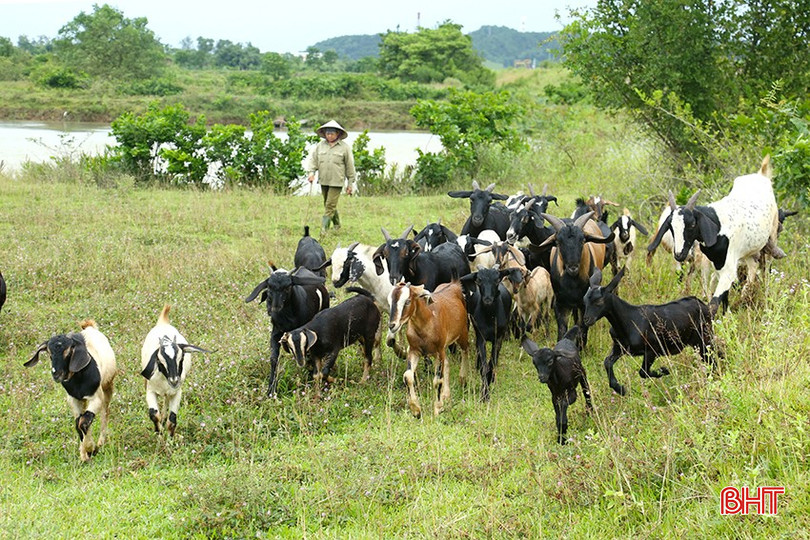
Taking advantage of the vacant land behind the right dike of Lam River, every day Mrs. Muu grazes a herd of dozens of goats to find their own natural food. The food source in this area is quite abundant with many types of wild grass and trees.
“Goat food should not be moist because it is easy to get intestinal diseases. Therefore, every morning I wait for the grass to dry before taking the goats out to eat. On sunny days, the goats are let out to find their own food, and on rainy days they are kept in captivity and fed with leaves collected in the garden. The goats are raised with natural food, so it only takes effort and does not require any expensive investment,” Ms. Muu shared.
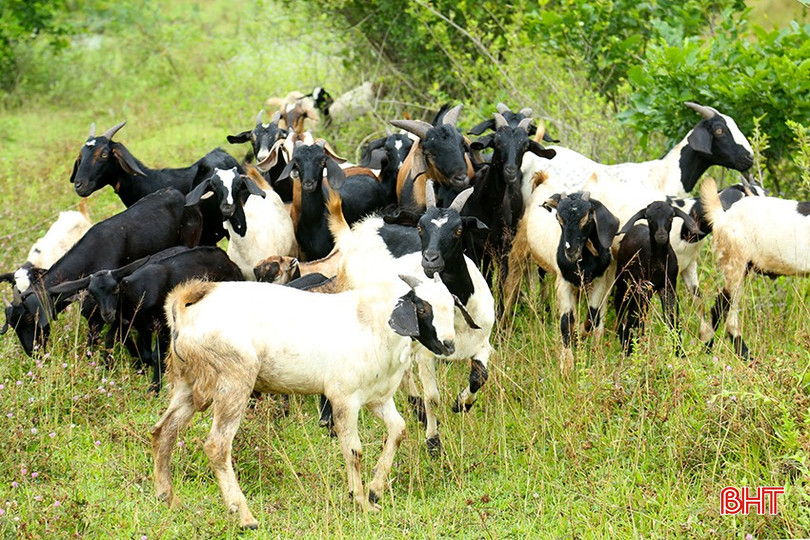
Thanks to strict adherence to technical procedures and careful care, the family's goat herd has grown. From 2018 to now, the model has maintained 60 - 70 goats. Goats reproduce quickly, giving birth to 2.5 litters per year, each litter from 1 - 2 goats. Thanks to the rotation of breeding, his family does not spend money on buying breeding goats and ensures control of the quality of the goat herd. The goats are raised for about 5 - 6 months, reaching a weight of 25 - 30 kg/goat and can be sold.
Because of natural grazing, the meat is delicious and popular in the market. “The goats are always ordered as they grow, sometimes they are sold out. This year, commercial goats are selling for a higher price than in previous years. I just sold 400kg of goats and earned more than 60 million VND” – Mr. Hung said happily.
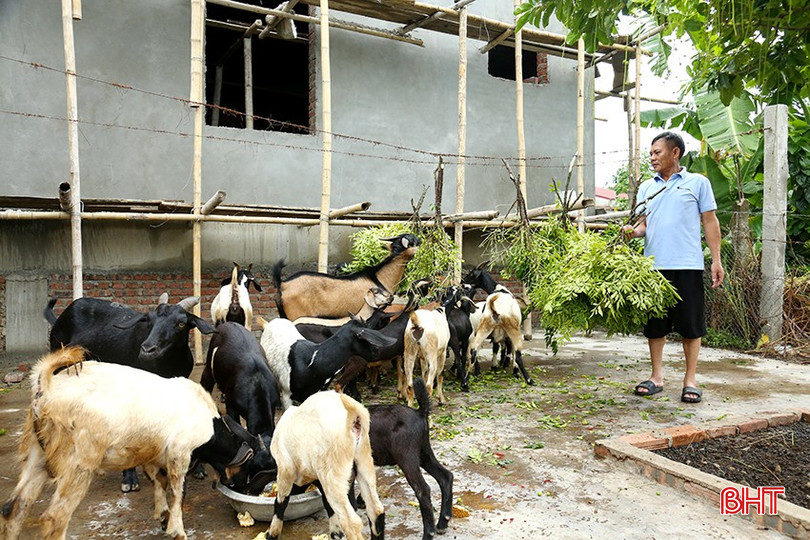
According to Mr. Hung, thanks to being proactive in breeding goats, with low raising costs, he sells about 30-50 goats each year, earning from 120-150 million VND. In addition, he also sells breeding goats, earning an annual income of 30-40 million VND. It is expected that in the near future, his family will expand the scale of the barn, doubling the herd to bring higher economic efficiency.
The goat raising model of Mr. Le Van Hung's family has high economic efficiency, low investment capital, and a stable consumption market. After the merger, Nghi Xuan commune has many advantages to develop livestock farming, in which many mountainous areas are more favorable for developing natural goat farming in the area. This is considered a new direction to continue to replicate the model, contributing to economic development for the people.
Source: https://baohatinh.vn/thu-ca-tram-trieu-nho-nuoi-de-chan-tha-tu-nhien-post292683.html



![[Photo] Cat Ba - Green island paradise](/_next/image?url=https%3A%2F%2Fvphoto.vietnam.vn%2Fthumb%2F1200x675%2Fvietnam%2Fresource%2FIMAGE%2F2025%2F12%2F04%2F1764821844074_ndo_br_1-dcbthienduongxanh638-jpg.webp&w=3840&q=75)




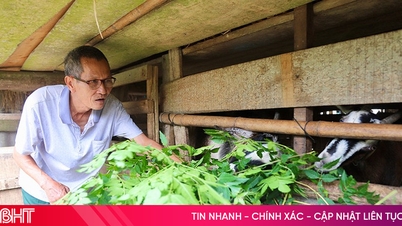




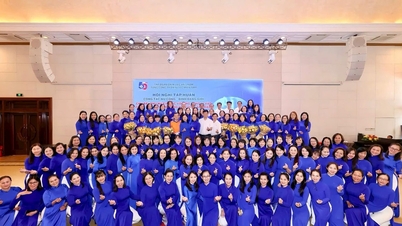




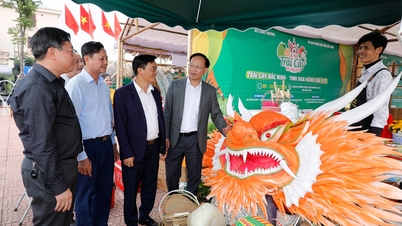






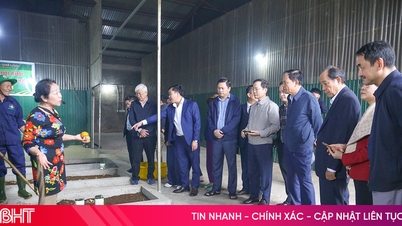






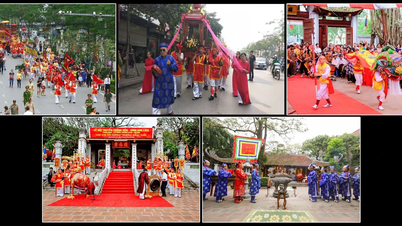





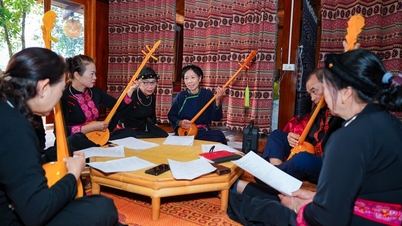








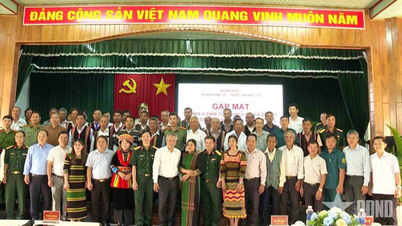



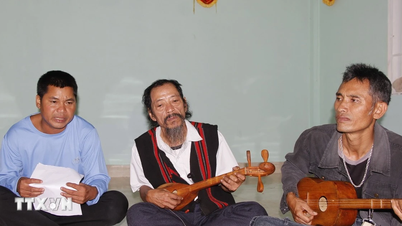



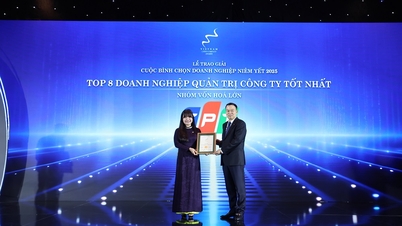



![[VIMC 40 days of lightning speed] Da Nang Port: Unity - Lightning speed - Breakthrough to the finish line](https://vphoto.vietnam.vn/thumb/402x226/vietnam/resource/IMAGE/2025/12/04/1764833540882_cdn_4-12-25.jpeg)












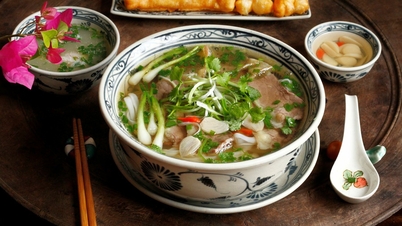







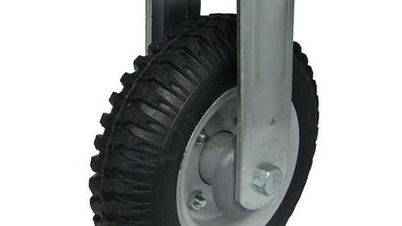
























Comment (0)